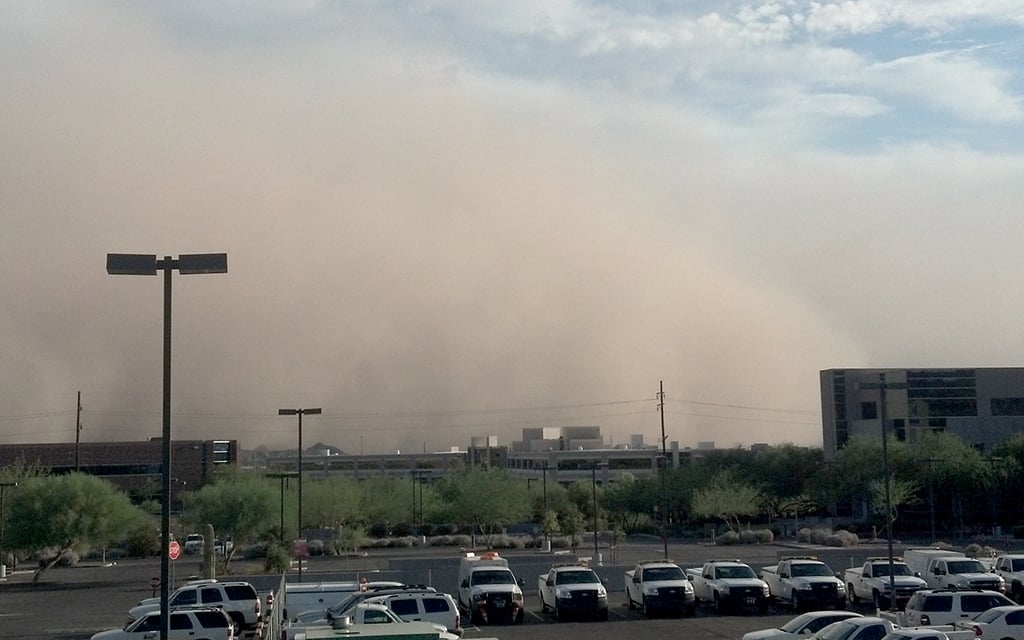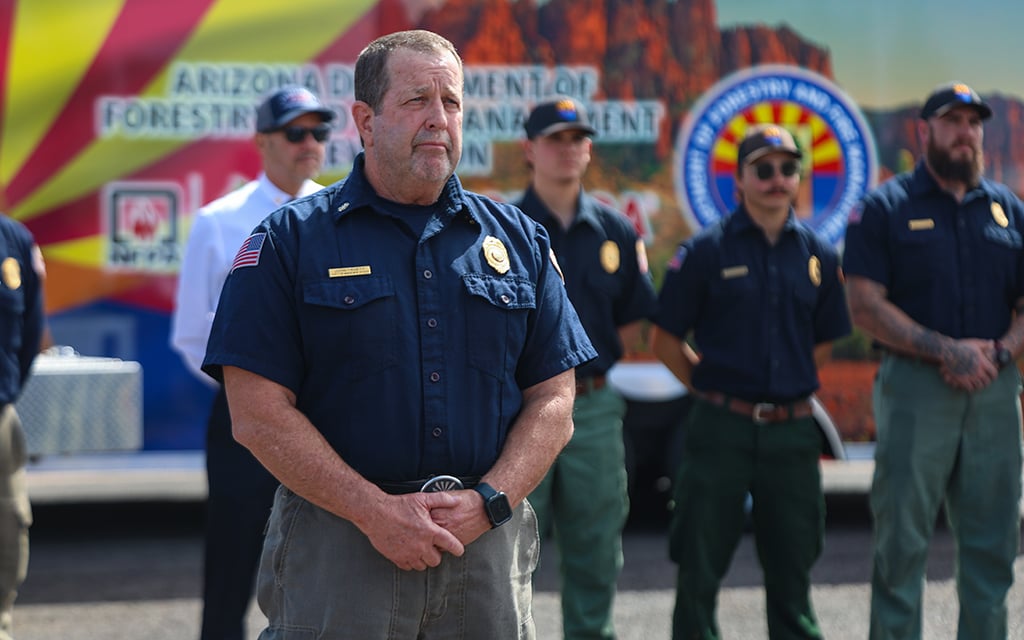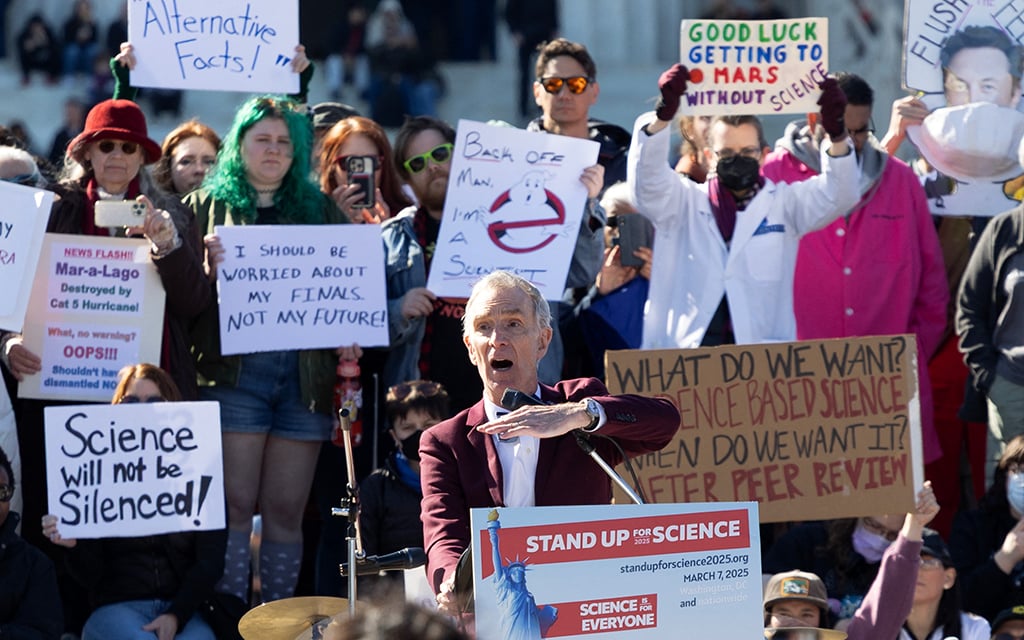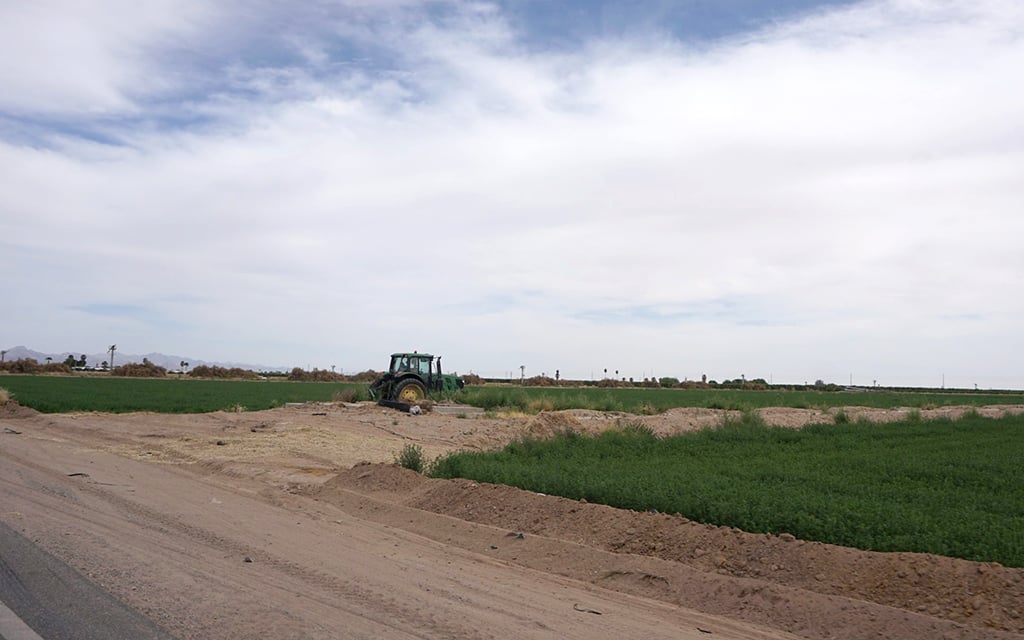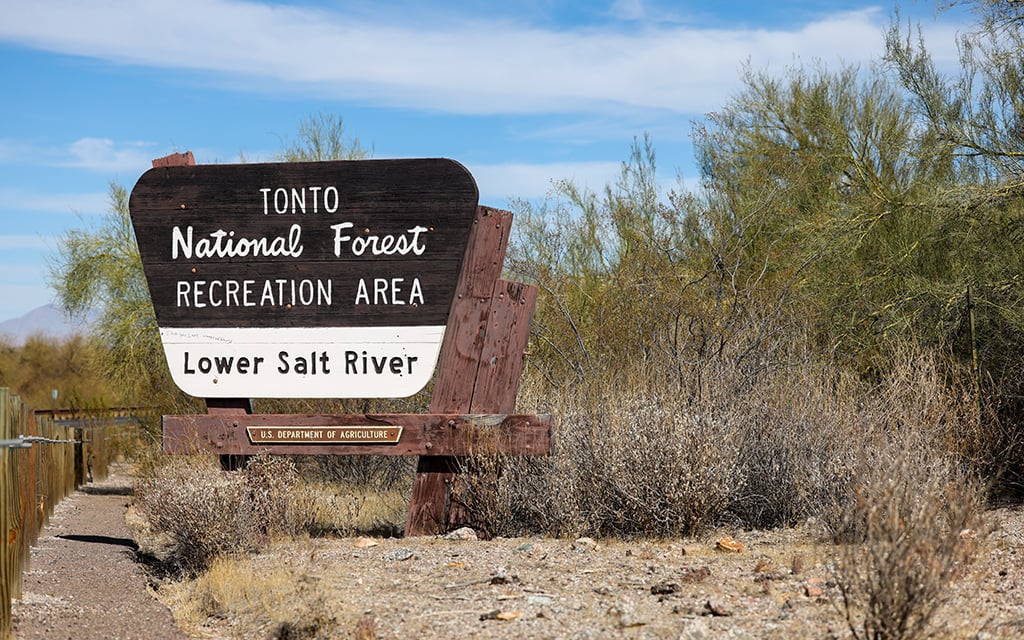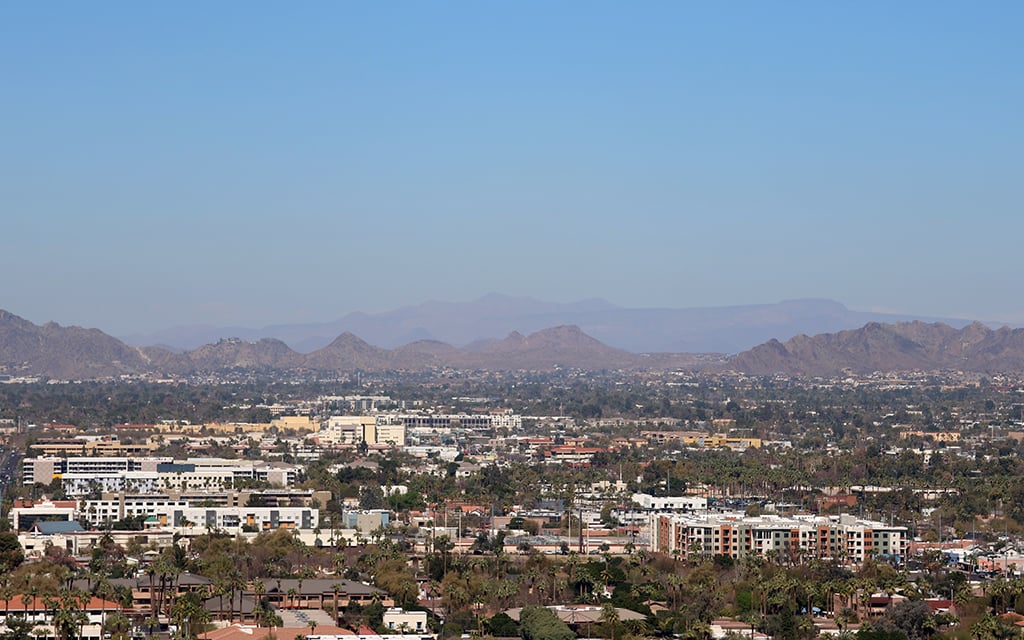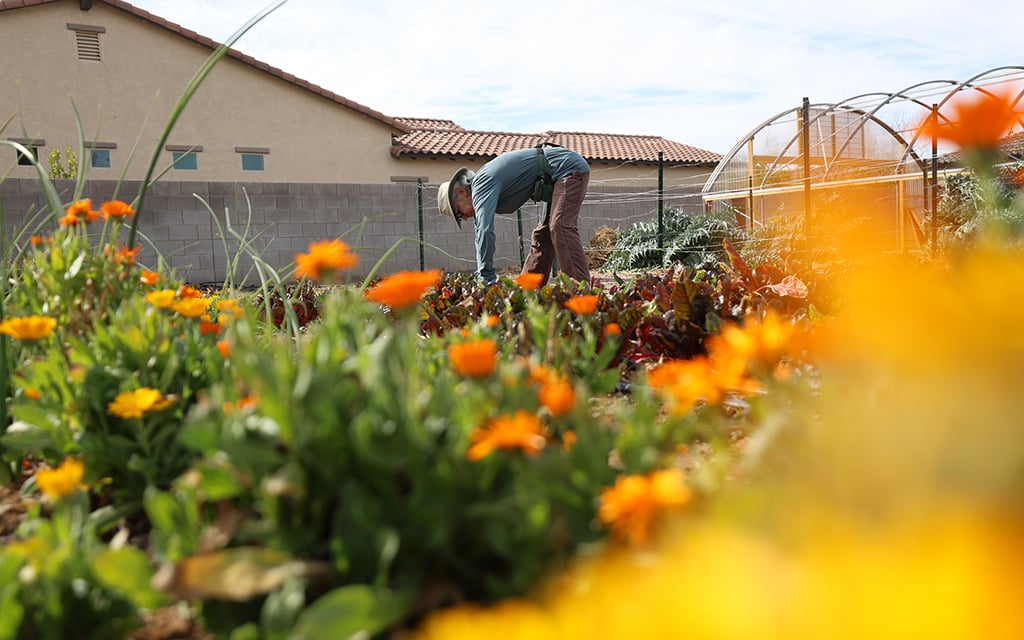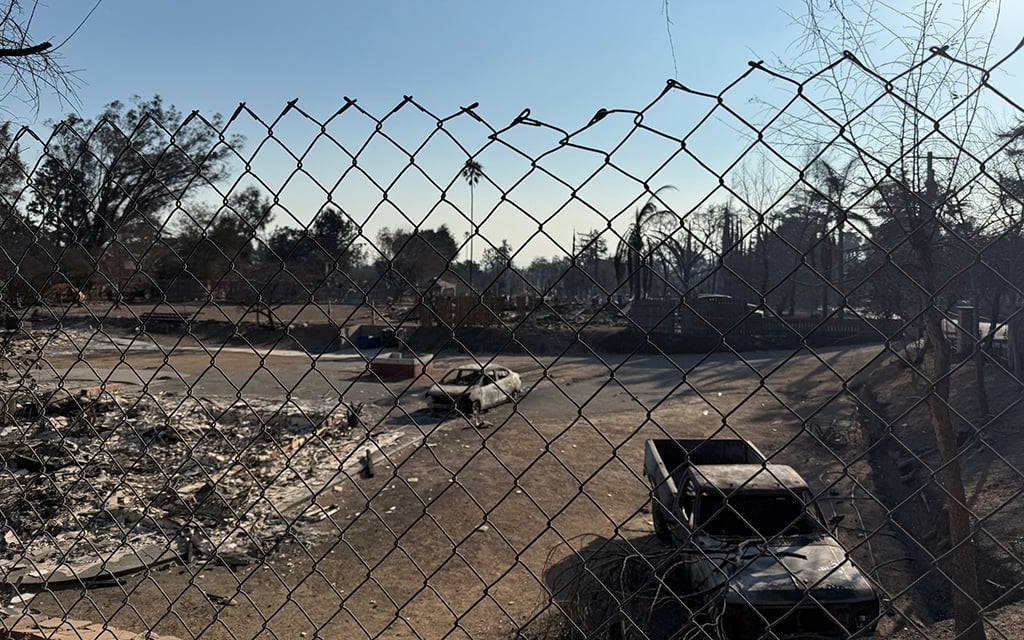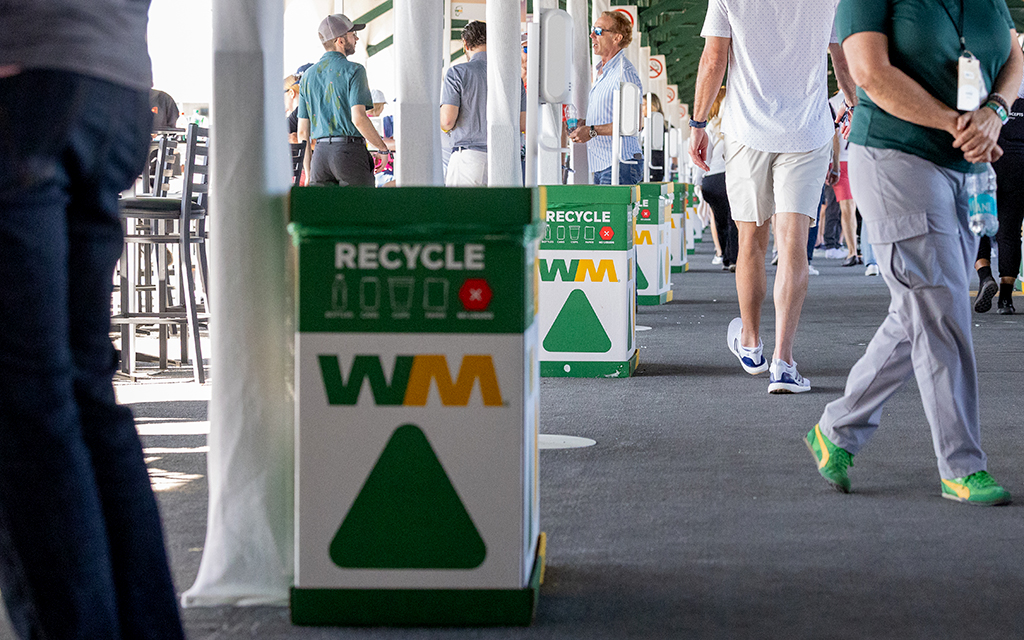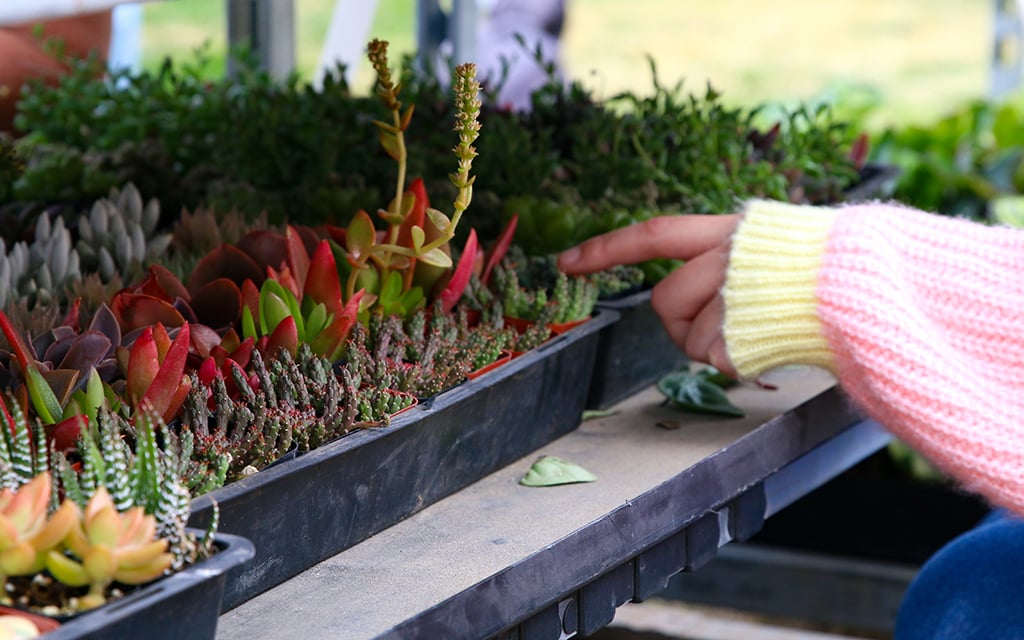NOAA cuts could hamper forecasts for haboobs, monsoons and wildfires in Arizona, raising extreme weather risks
WASHINGTON – NOAA, which handles weather forecasts and atmospheric information, faces cuts under President Donald Trump and Elon Musk’s DOGE. Many Arizonans — including construction workers, concrete workers and homeless people — may be impacted by worse forecasts for monsoons, haboobs and wildfires.
For older adults taking medications, summer heat can be especially dangerous
PHOENIX – Older adults are more vulnerable to heat, not just because of their age and risk of chronic conditions, but the multiple medications they might be taking. Experts and research recommend more awareness for providers and patients.
Arizona battles rising wildfire threat in ‘never-ending kind of year’ as state grows hotter, drier
PHOENIX – At a media briefing, Gov. Katie Hobbs and Arizona fire officials warned of increasing wildfire risks. Officials urged residents to take precautions as firefighters face longer hours battling more intense flames across the state.
Federal science grants worth $812M could be caught in Trump’s DEI dragnet at Arizona universities, including research on wildfires, pollution and public health
WASHINGTON — President Donald Trump’s DEI purge has put $812 million in grants to Arizona universities at risk – including research on wildfires, pollution and public health. Many of these grants followed previous federal guidelines that required efforts to broaden the scientific talent pool.
Tariff war threatens higher costs for Arizona farmers
PHOENIX – President Donald Trump’s recent tariffs on agricultural imports and exports from Canada, Mexico and China are expected to drive up costs for Arizona farmers. They face financial uncertainty with rising fertilizer and machinery prices, though some remain hopeful that new trade agreements will expand global markets.
Arizona’s national parks and forests already feeling strain from thousands of federal worker firings nationwide
PHOENIX – The Grand Canyon and other Arizona national lands are navigating the Trump administration firings and hiring freeze ahead of the busiest season.
Bad air days: Phoenix-area smog is getting worse, but Arizona GOP lawmakers want Trump to block EPA ozone rules
WASHINGTON – Rep. Andy Biggs and other Arizona Republicans in Congress are urging President Donald Trump to block the EPA from downgrading the status of Maricopa County’s air quality. Little can be done locally, they say, because most of the smog-producing ozone drifts in from Mexico and California.
‘The scale is so small, but the power is big’: Help-A-Farm program supports community connections to local agriculture
TEMPE – The Arizona Sustainability Alliance Help-A-Farm program connects volunteers with small farms in the Phoenix area, like Bene Vivendo, to promote education and support for the local food system.
Los Angeles small businesses are in ‘recovery’ phase after deadly wildfires, but experts predict many won’t rebuild
LOS ANGELES – Local officials say homeowners and small businesses are in the ‘recovery’ phase after deadly wildfires, but experts predict a large portion won’t rebuild despite government assistance.
Even the melted ice has a role: When sustainability meets the WM Phoenix Open hole 16
SCOTTSDALE – The WM Phoenix Open is known for its infamous hole 16, “the loudest hole in golf.” But what goes on behind the scenes in order to sustain a clean and protected environment around the Open?
Sustainable practices take root at Tempe Blooms, showcasing eco-friendly floral designs
TEMPE – Tempe Blooms highlighted local florists’ creative and sustainable designs, which featured eco-friendly materials and techniques. The event brought vibrant arrangements to downtown Tempe, showcasing the evolving floral industry.
Nonprofits press Arizona lawmakers to fund community programs over deportations
PHOENIX – Advocates for Arizona's underserved communities urged state legislators Tuesday to stop funding deportation efforts and instead use that money for affordable housing, access to higher education and paid family medical leave for all.
